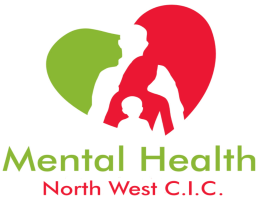It’s often said a picture tells a thousand words – but the latest Mental Health statistics have been released by the UK Health & Safety Executive & these numbers paint quite a story too….
So it’s worth starting by noting (we cover this a lot on our L2 & 3 courses) that the HSE record Stress, Anxiety & Depression – they do not provide specific data for other Mental Health issues – but it does inform a general overview.
- In 2017/18 stress, depression or anxiety accounted for 44% of all work-related ill health cases
and 57% of all working days lost due to ill health
- 15.4 million working days were lost due to work-related stress, depression or anxiety in 2017/18
- 595,000 workers suffering from work-related stress, depression or anxiety (new or long-standing) in 2017/18
Reported causes of stress, depression & anxiety across all workplaces: The main work factors cited by respondents as causing work related stress, depression or anxiety
were workload pressures, including tight deadlines and too much responsibility and a lack of
managerial support.
Self reported cases were noticeably higher in certain sectors.
Analysis also showed that certain work related factors were common causes of work related poor mental health
As a First Aid trainer the statistic I thought was most illuminating was that overall workplace illness has been in a gradual decline since 2002 – the rise & availability of good quality first aid training and health schemes at work has in part addressed this

However over the same period there has been a gradual increase – hopefully this reflects better awareness & diagnosis – but it also indicates a rise in occurrence.
Summary
Every responsible organisation has a first-aid policy, takes care of staff when they are ill – but that is literally less than half the story. How many organisations have a Mental Health Policy, have trained Mental Health First Aiders – have a culture where Mental Health can be openly discussed in a supportive way. Very very few.










